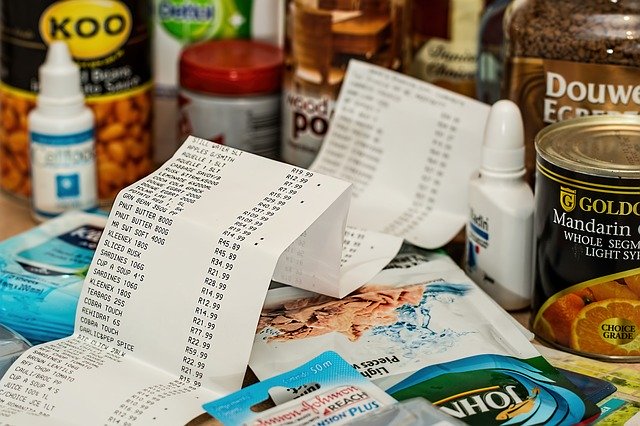Smart Tips To Manage Your Household Budget
You can manage the budget for the home even if you are not good at finance. Once you are good with money and know how to limit your spending, you should be more than capable of managing your household budget.
Managing your household expenditure does not only mean keeping the light and heat on. It also means making intelligent payments such as smart arrangements with mortgage brokers to settle debts and still have enough to keep aside in case of an emergency. Here are a few tips to help you manage the budget for your home.
Contents
Know your finances
The first step to managing a budget for the home is to know your finances. You can do this by writing down your total income. This will provide you with a better understanding of your financial position. If your income is not stable or fluctuates, use an average figure that reflects your income. This is to know how much you earn on average and will help you when tracking your expenses.
Have a question about personal finance or entrepreneurship? Join the Ask Me Anything live chats on Conference Room.
Calculate your expenses
A budget is made up of a lot of expenditure. So it is logical to enumerate all your fixed expenses such as rent, utility bills, taxes, debt, groceries, and transportation and calculate them.
For other expenses that vary, use an average figure that reflects your use. Please do not leave out even the smallest detail; capture everything and then sum it up. This total reflects how much you spend in a month.
Get your net income
Net income refers to the amount of money you have left after making all your expenses. Take the total of your expenses and subtract that from the sum of your income. The figure you have left is your net income.
If it is negative, it means you spend more than you earn. If it is a small figure, you are spending almost as much as your earnings, and you will have to change your spending habits. If the figure is positive, it means you are spending less than you earn-which is great.
Recheck your expenses
Now that you know your net income, you have a better idea of where you spent most of the money. You will be able to identify the unnecessary expenses.
Now what you need to do is create a list of your expenses and separate them into needs and wants. Needs here refer to expenses that are necessary, such as utility bills and transportation. Wants refer to expenses that you can do without paying a premium subscription to streaming services.
On the wants list, figure out which ones you do away with entirely or reduce to a minimum. This should help you figure out your spending habits and begin to spend more prudently.
Create an emergency fund
The money that you can save from the unnecessary wants list should go into an emergency fund that you can rely on when something comes up. You may not see the value of it in the beginning, but as time progresses, you see how much money you were spending on things you did not need. With a reasonable sum of money going to your emergency fund, you do not have to touch your savings if you need some extra cash for something.
Go to Accounting Accidentally for 400+ blog posts and 450+ You Tube videos on accounting and personal finance:
Good luck!
Ken Boyd
Author: Cost Accounting for Dummies, Accounting All-In-One for Dummies, The CPA Exam for Dummies and 1,001 Accounting Questions for Dummies
(email) ken@stltest.net
(website and blog) https://www.accountingaccidentally.com/

